
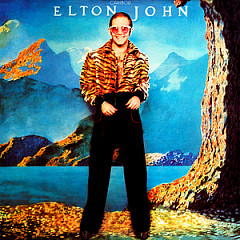
Recording "Don't Let The Sun Go Down On Me," Elton John was frustrated and sang the line "don't discard me" with an exaggerated American accent, which is why is sounds strange.

Ariana Grande's collaboration with Zedd, "Break Free" came about after the Russian-German producer overheard Grande performing at a label showcase while he was backstage, and he mentioned to his team that he wanted to work with her.
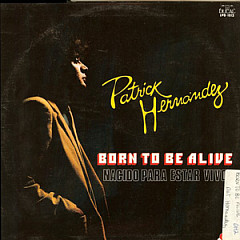
In 1979, Madonna was a dancer on Patrick Hernandez' tour, where she boogied to his hit "Born To Be Alive."
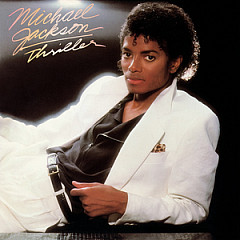
Vincent Price did the spooky narration on "Thriller." He was paid a flat fee of $20,000, turning down a percentage of the royalties that would have paid him far more.
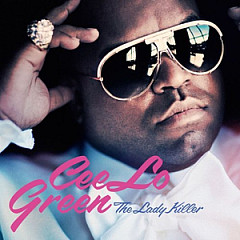
The dirty version of Cee-Lo Green's "Forget You" contains 16 F-bombs. He recorded a clean version as an afterthought, "just in case."
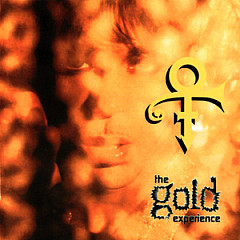
Prince released "The Most Beautiful Girl In The World" on his own label to prove he could generate a hit song whenever he wanted. He made his point: It was a big hit around the world.
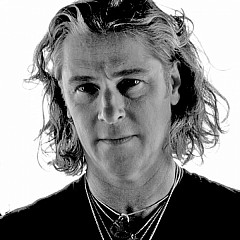
The stories behind "Shine," "December," "The World I Know" and other Collective Soul hits.
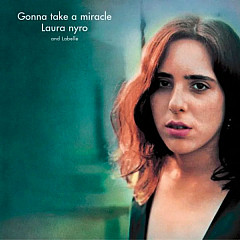
Laura Nyro talks about her complex, emotionally rich songwriting and how she supports women's culture through her art.

The Christian rapper talks about where his trip to Haiti and his history of addiction fit into his songs.

Smith breaks down some of his worship tracks as well as his mainstream hits, including "I Will Be Here For You" and "A Place In This World."

An interview with Dr. John Covach, music professor at the University of Rochester whose free online courses have become wildly popular.
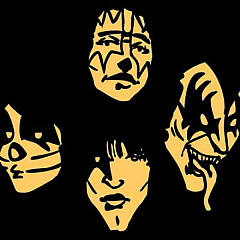
Kiss is the subject of many outlandish rumors - some of which happen to be true. See if you can spot the fakes.